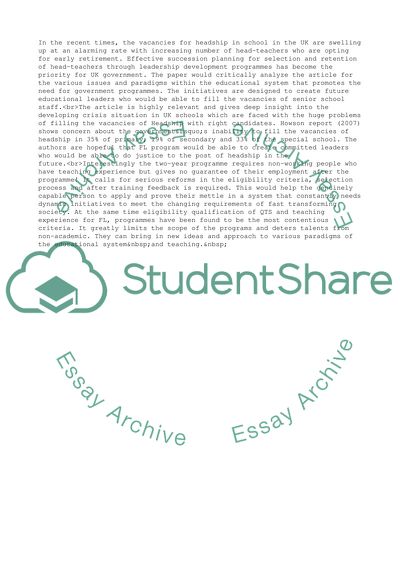Cite this document
(Future Leaders: the Way Forward Assignment Example | Topics and Well Written Essays - 1500 words - 1, n.d.)
Future Leaders: the Way Forward Assignment Example | Topics and Well Written Essays - 1500 words - 1. Retrieved from https://studentshare.org/business/1748170-article-critique
Future Leaders: the Way Forward Assignment Example | Topics and Well Written Essays - 1500 words - 1. Retrieved from https://studentshare.org/business/1748170-article-critique
(Future Leaders: The Way Forward Assignment Example | Topics and Well Written Essays - 1500 Words - 1)
Future Leaders: The Way Forward Assignment Example | Topics and Well Written Essays - 1500 Words - 1. https://studentshare.org/business/1748170-article-critique.
Future Leaders: The Way Forward Assignment Example | Topics and Well Written Essays - 1500 Words - 1. https://studentshare.org/business/1748170-article-critique.
“Future Leaders: The Way Forward Assignment Example | Topics and Well Written Essays - 1500 Words - 1”, n.d. https://studentshare.org/business/1748170-article-critique.


